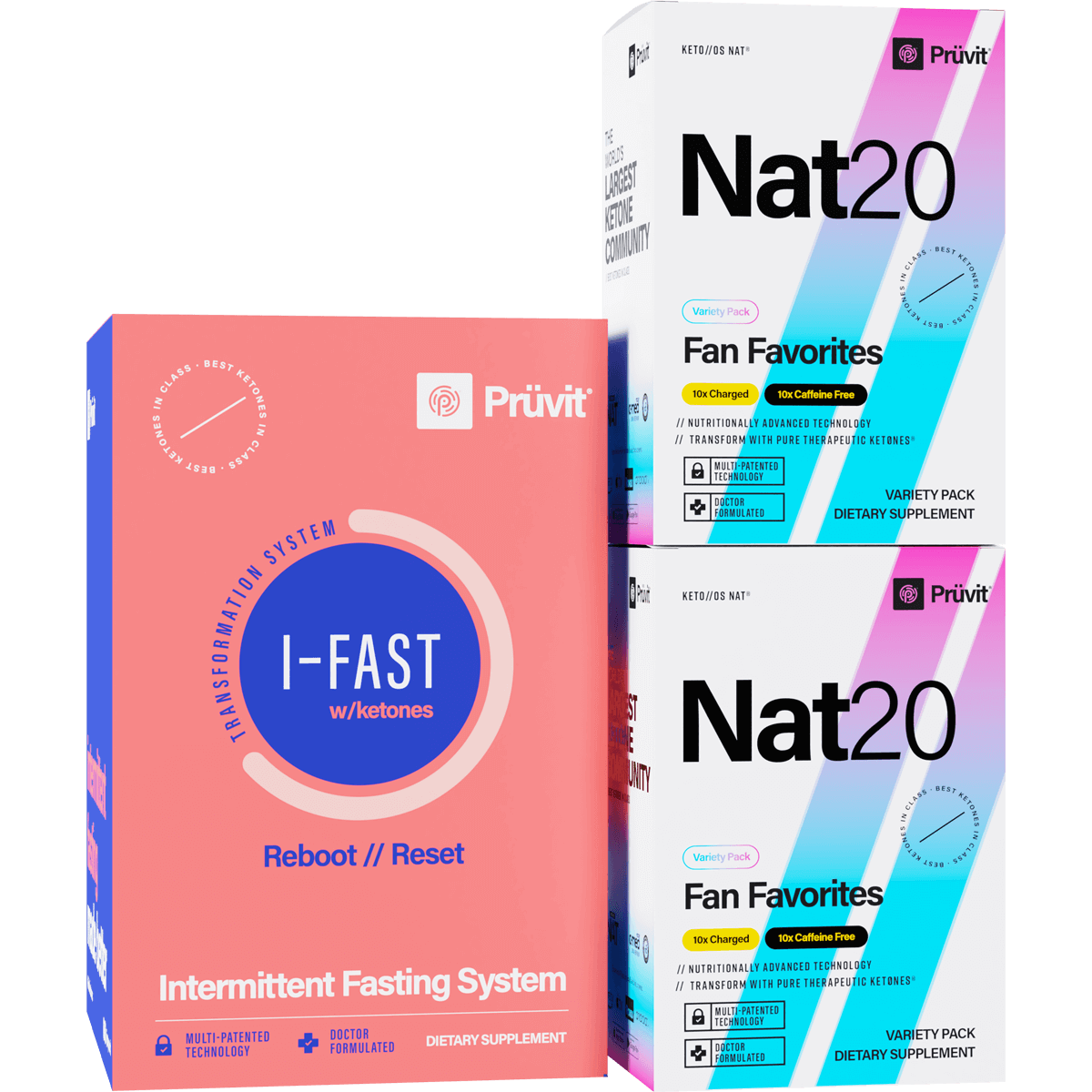What is Ketosis? A Comprehensive Guide
Ketosis is a metabolic state that occurs when your body switches from using carbohydrates as its primary source of energy to burning fat. This state is particularly significant in low-carb, high-fat diets like the ketogenic diet, where the goal is to reduce carbohydrate intake to trigger the production of ketones in the liver.
Ketosis has gained widespread attention for its potential benefits, including weight loss, enhanced mental clarity, and improved metabolic health. This blog will explore what ketosis is, how it works, its benefits, potential risks, and how to safely achieve this metabolic state.
Understanding Ketosis
Under normal circumstances, the body derives energy primarily from glucose, a type of sugar found in carbohydrates. However, when carbohydrate intake is drastically reduced, the body depletes its glucose stores and seeks an alternative energy source. This is where ketosis comes into play.
In ketosis, the liver converts fatty acids into molecules called ketones, which serve as an alternative fuel source. There are three primary types of ketones:
Acetoacetate (AcAc): The first ketone body produced during fat metabolism.
Beta-hydroxybutyrate (BHB): A stable and abundant ketone in the bloodstream.
Acetone: A byproduct of acetoacetate metabolism, which is exhaled or excreted.
How to Achieve Ketosis
To enter ketosis, the body must exhaust its glycogen stores and shift to fat as the primary fuel source. This transition typically occurs under the following conditions:
Low-Carbohydrate Diets: Consuming fewer than 50 grams of carbohydrates daily is a common threshold for triggering ketosis.
Fasting: Extended periods without food, particularly overnight fasting, can naturally promote ketosis.
Exercise: Engaging in physical activity can accelerate glycogen depletion, aiding the transition to ketosis.
Benefits of Ketosis
Ketosis has been associated with numerous health benefits, including:
Weight Loss: Ketosis promotes fat burning and reduces appetite, making it an effective tool for weight management.
Improved Energy Levels: Ketones provide a steady and efficient energy source, reducing energy crashes.
Enhanced Cognitive Function: The brain thrives on ketones, which may lead to improved mental clarity and focus.
Blood Sugar Control: Ketogenic diets can stabilize blood sugar levels, benefiting individuals with type 2 diabetes or insulin resistance.
Reduced Inflammation: Emerging research suggests that ketosis may have anti-inflammatory effects.
Potential Risks and Considerations
While ketosis offers several benefits, it may not be suitable for everyone. Here are some potential risks to consider:
Keto Flu: During the transition to ketosis, some individuals experience symptoms like fatigue, headache, and irritability, known as "keto flu."
Nutrient Deficiencies: A restrictive diet may lack essential nutrients, making supplementation necessary.
Digestive Issues: Changes in diet can lead to temporary constipation or diarrhea.
Ketoacidosis: Unlike nutritional ketosis, this is a dangerous condition that occurs primarily in individuals with uncontrolled diabetes.
Tips for Safely Entering Ketosis
Gradual Transition: Slowly reduce carbohydrate intake to ease the transition.
Stay Hydrated: Drink plenty of water to prevent dehydration, a common issue in ketosis.
Electrolyte Balance: Ensure adequate intake of sodium, potassium, and magnesium to mitigate side effects like muscle cramps.
Monitor Ketone Levels: Use urine strips or a blood ketone meter to track ketosis.
Reputable Sources on Ketosis
Harvard Health Publishing
Provides insights into ketogenic diets and their effects on health.Mayo Clinic
Offers expert-reviewed information on the ketogenic diet and ketosis.Cleveland Clinic
Discusses the benefits and risks of ketosis and the ketogenic diet.National Institutes of Health (NIH)
Contains a wealth of scientific studies on ketosis and metabolic health.Johns Hopkins Medicine
Features research on therapeutic uses of ketosis, particularly for epilepsy.
Final Thoughts
Ketosis is a fascinating metabolic state that offers a variety of potential benefits when managed correctly. Whether you're exploring ketosis for weight loss, improved energy, or therapeutic purposes, it's crucial to prioritize balanced nutrition and consult a healthcare provider, especially if you have underlying medical conditions.
Ready to experience the benefits of ketosis for yourself? Take the first step toward your health goals by exploring Belly Burn by Prüvit. This innovative product supports your journey into ketosis and helps you stay on track with your wellness aspirations. Click the link to learn more and start your journey today!


